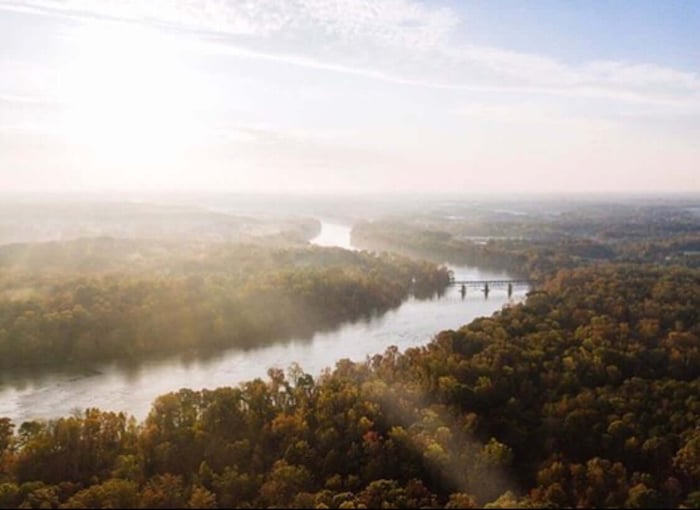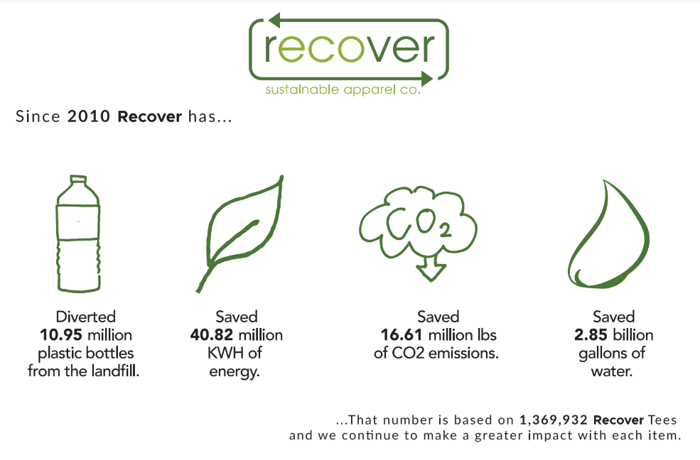In January, North Carolina residents and our statewide waterkeepers gained a big win against Duke Energy’s unlined coal ash ponds in North Carolina. Coal ash is a residual byproduct of the burning of pulverized coal at power plants and contains many substances known to be toxic. When coal ash makes its way into water sources, air, and the environment, it is a source of illnesses in both people and animals.
After ten years of the work of North Carolina’s Waterkeepers and other environmental and civil rights organizations represented by Southern Environmental Law Center (SELC), Duke Energy agreed in a recent court settlement to remove approximately 80 million tons of coal ash from their unlined ponds at six sites in western and central North Carolina and place the waste material in lined storage pits. According to litigants, this is a way to address seepage and runoff of the toxic materials into groundwater from Duke’s unlined coal ash ponds.

“This settlement is a fantastic victory for the Catawba and all North Carolinians and a major step toward protecting water quality for current and future generations. This is one of, if not the, largest coal ash cleanups in American history. We are proud to have been a part of this effort from the beginning,” said Catawba Riverkeeper Brandon Jones in a Carolina Public Press interview. The Catawba Riverkeeper Foundation is a Recover Clean Water initiative partner, and we are incredibly appreciative and proud of their and other NC Waterkeepers’ hard work in this effort.

This is expected to be the largest coal ash excavation project in the country, and according to the agreement, the company has until 2027 to complete coal ash transfer at most sites and until 2039 to complete the largest sites. In a Carolina Public Press interview, SELC senior attorney Frank Holleman described, “This agreement is the culmination of nine years of work by communities across North Carolina and puts in place the most extensive coal ash cleanup in the nation. With the agreements and court orders governing eight other coal ash sites, we now have in place a historic cleanup of coal ash lagoons to protect North Carolina’s clean water and families from coal ash pollution. North Carolina’s communities will be safer, and North Carolina’s water will be cleaner than they have been in decades.” While Holleman is currently confident safeguards are in effect that would ensure Duke’s compliance, he noted that the team would go back to work for North Carolina communities if Duke failed to comply.

Through the Recover Clean Water initiative, we are working to address the worldwide challenge of access to clean water through action and education. Recover donates one day of clean drinking water to a person in need for every product sold through World Vision. Bringing it home, Recover partners with local North Carolina Waterkeepers.







